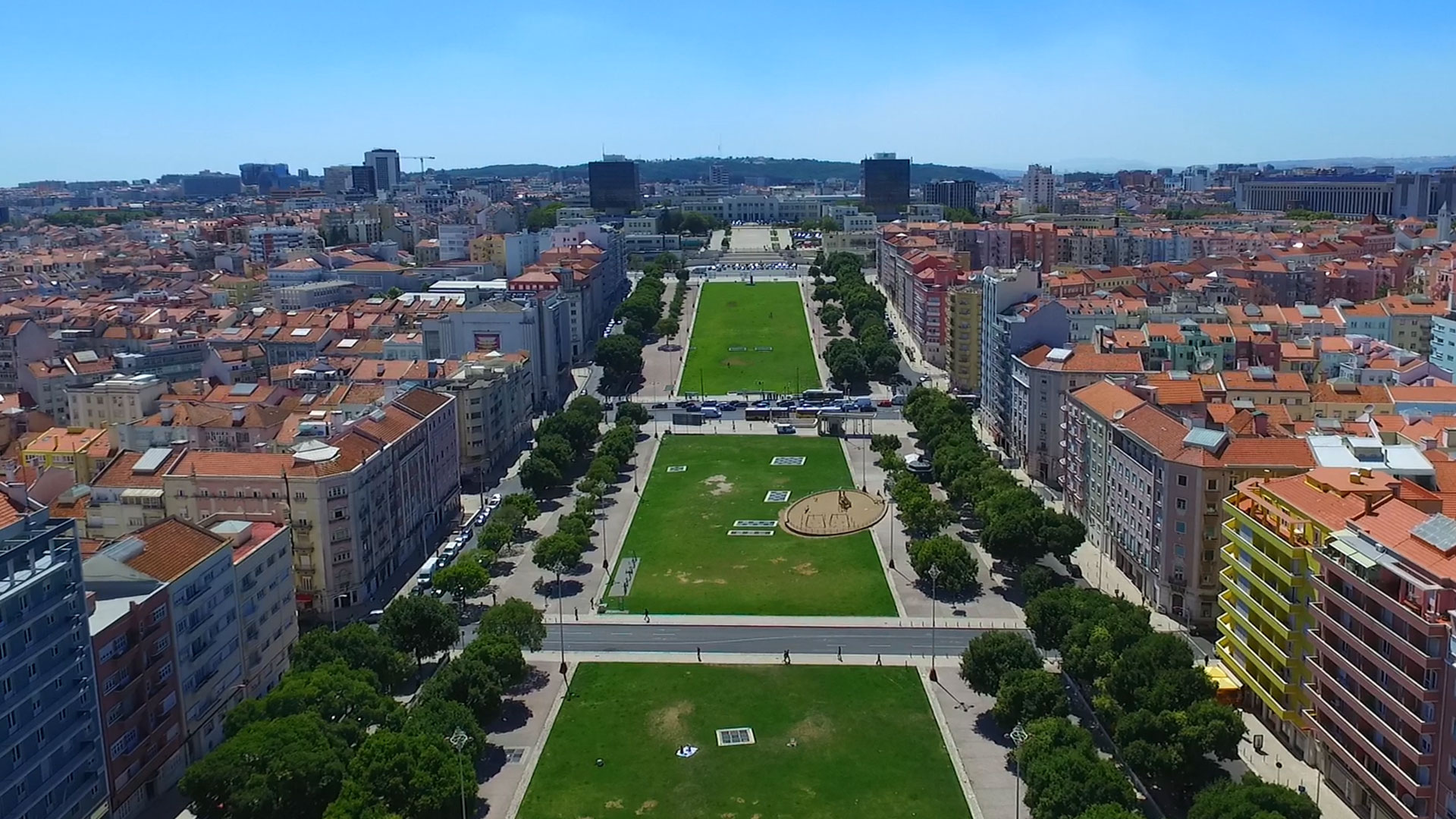
CiTUA is an interdisciplinary R&D unit based at Instituto Superior Técnico (IST). Initially focused on the areas of Territory, Urbanism, and Architecture, it has since expanded to include Environment, Governance, and Public Policies. It aims to establish a knowledge base, co-learning and co-production processes addressing diverse contemporary challenges. This involves integrating expertise and encouraging creativity on the interconnectedness of multiple interdisciplinary factors in shaping future cities.
CiTUA also aims to enhance higher education and research, prioritizing research career paths for young PhD holders, advanced training, and international networking. CiTUA’s research rationale embraces a holistic perspective, promoting a collaborative research environment.
In a context marked by global challenges such as climate change, digital transition and ageing of the population, in which it is urgent to pursue a sustainable and inclusive way of life, CiTUA questions:
How to strategically plan territory while fostering cohesion?
Which public policies are most adequate?
How can quality of decision be ensured? Is it a utopian vision or an attainable reality?
